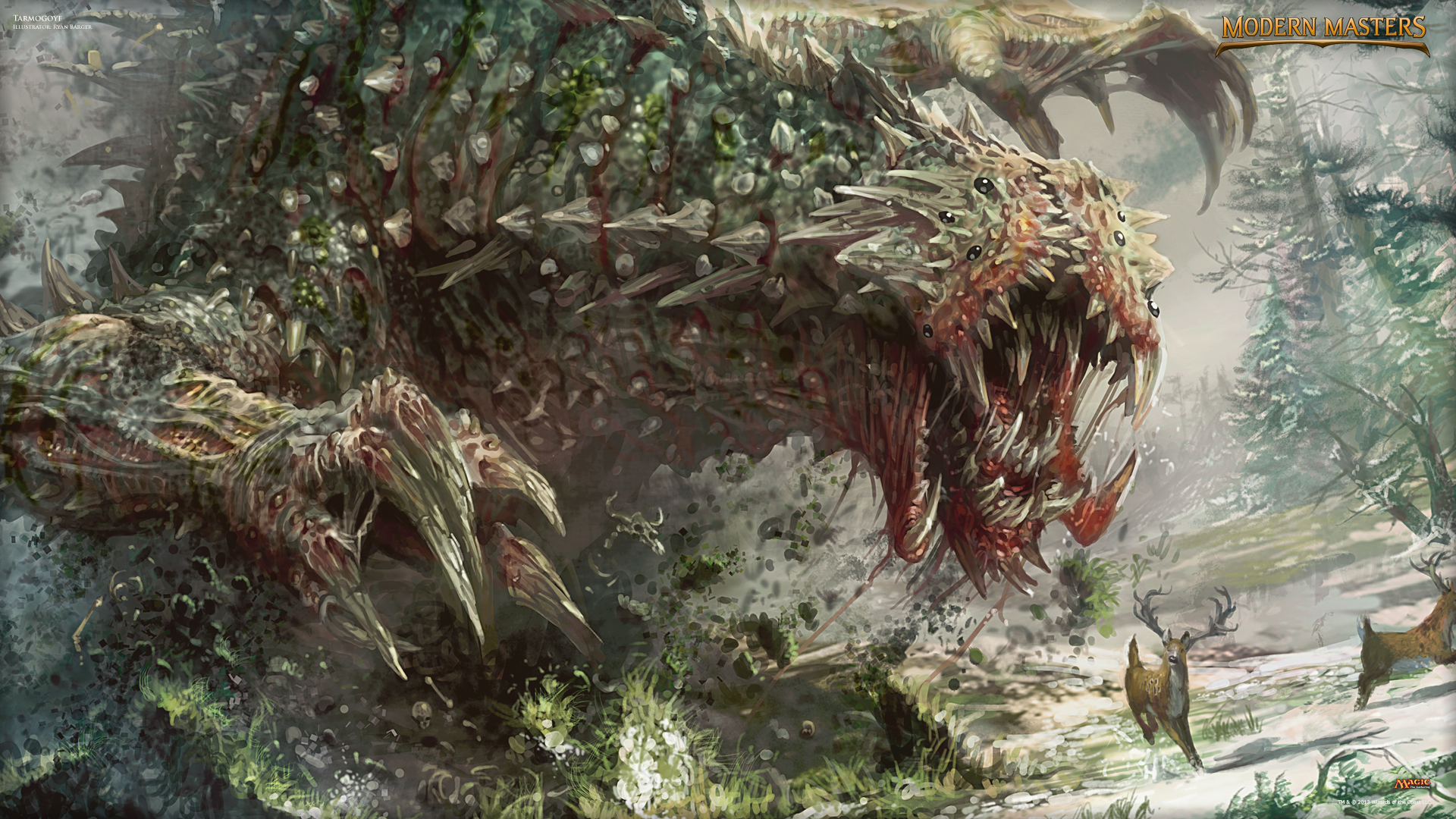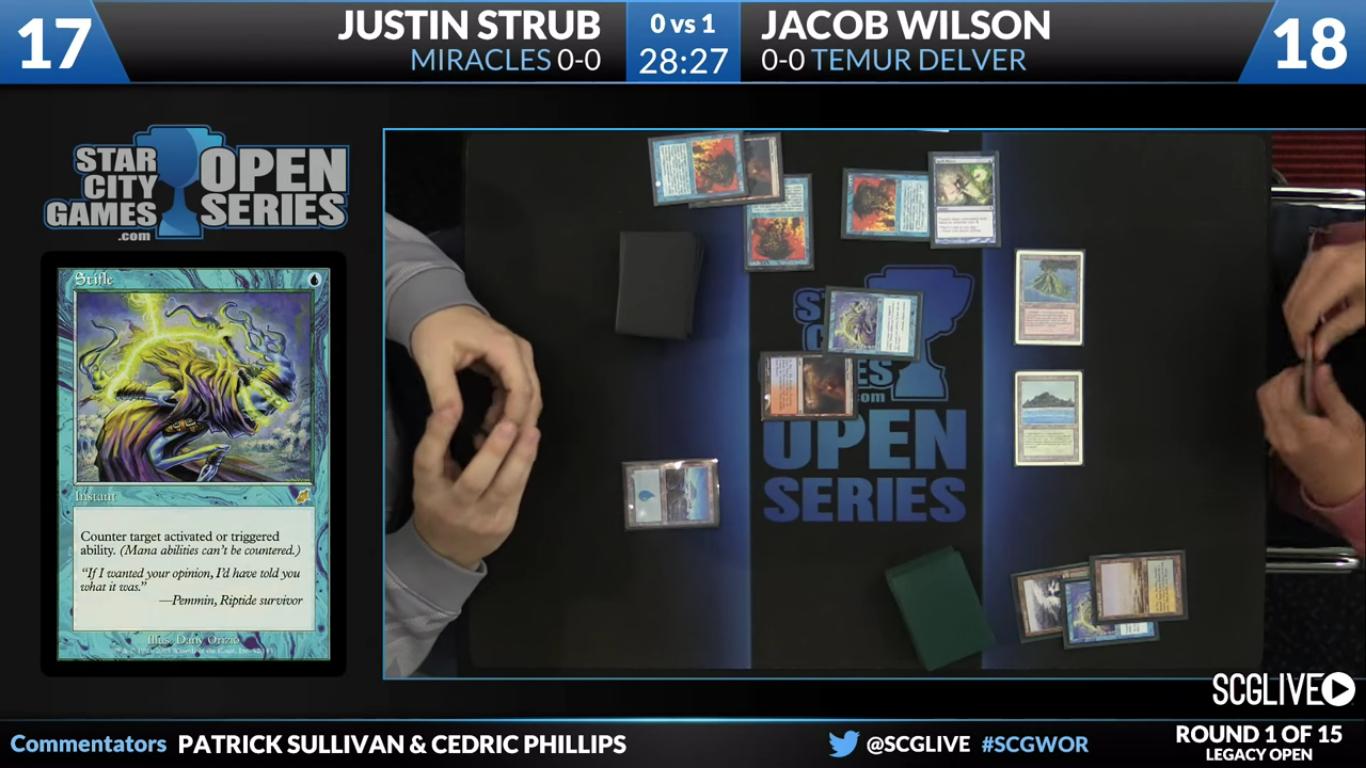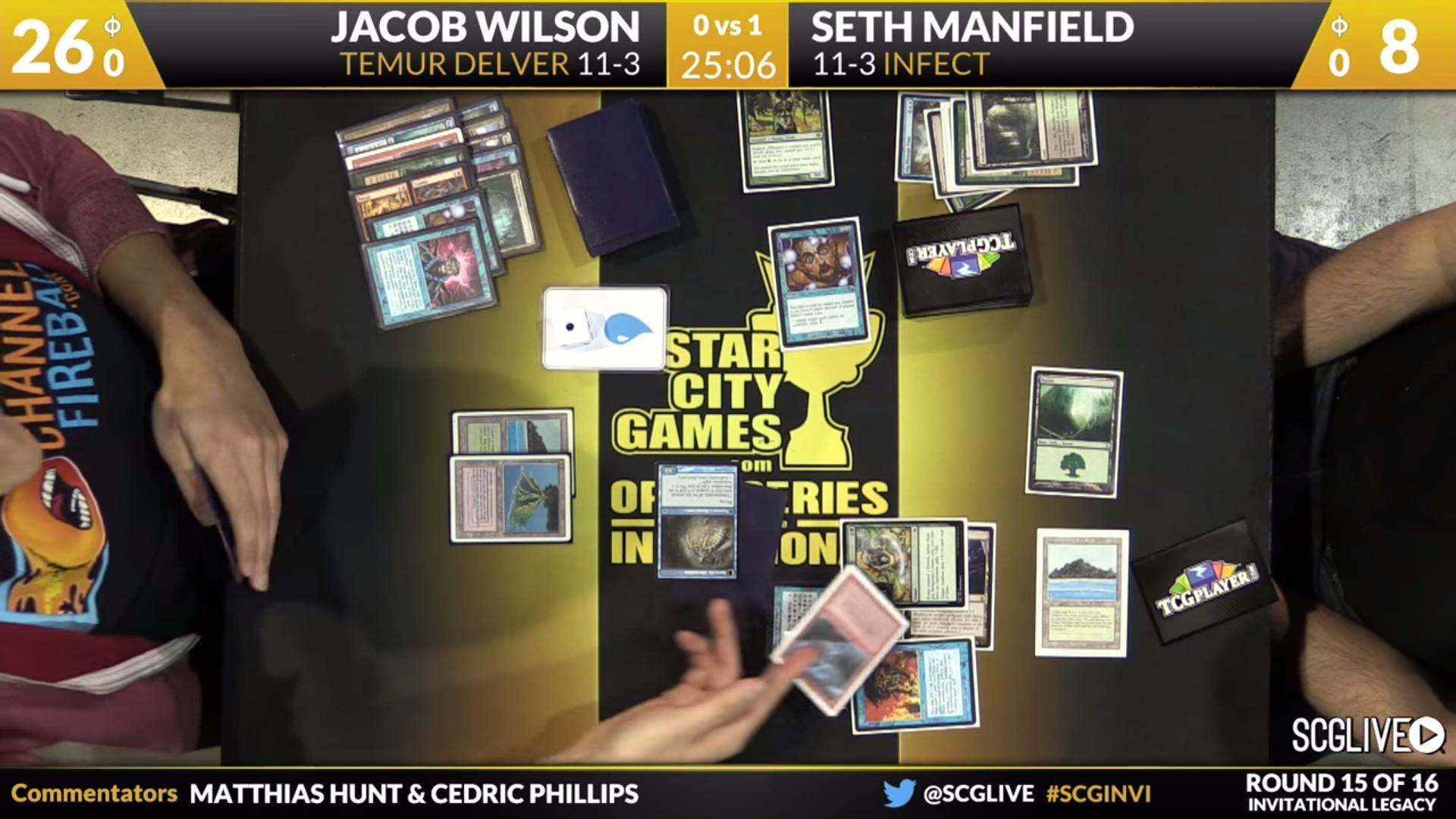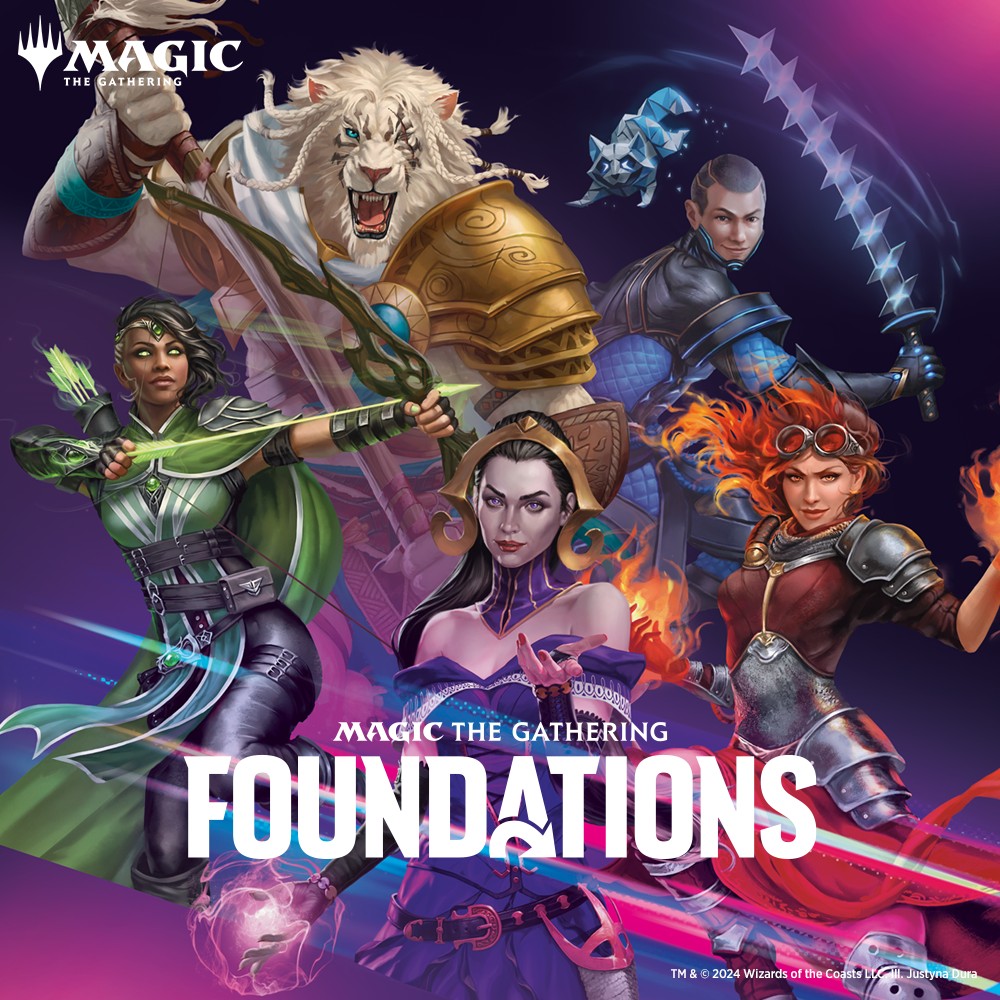People tend to have the wrong idea about legacy. If you listened exclusively to popular message boards you could probably be convinced that legacy is a format of fast games and turn one kills. If you keep a hand without Force of Will you are probably going to lose.
Of course none of this is true. By speaking to those who know the format you can learn that legacy is a format chock-full of interaction and complex decision trees. While there are some legacy decks aiming to kill you on turn one, the majority of decks are honed to a razor's edge and able to interact with the opponent on every front. In this world where every resource must be maximized, RUG Delver is king.
RUG Delver could very well be a perfect deck. Every card in this deck is the most efficient option for the slot and every card is pulling in the same direction. This is one of those decks that can interact with every aspect of the game: combat, stack, library, and mana base. Nothing is safe from a good RUG Delver player.
Despite its power the deck is deceptively simple. The real strength of the deck comes in how its pieces work together. The threats are Delver, Nimble Mongoose, and Tarmogoyf: each is a strong threat at every point in the game. The permission -- Daze, Force of Will, and Spell Pierce -- are all highly efficient and protect your board without taxing your mana. Speaking of mana, the deck only plays fourteen mana sources making it well positioned for a top decking war. The other four lands are Wastelands which help to further disrupt the opponent with the help of Stifle.
Every card on this table is there because the miracles player wanted to crack a fetch land.
This game between Jacob Wilson (our hero) and Justin Strub (boo Ron Mackenzie Miracles) perfectly illustrates what RUG Delver is trying to do. The first notable action in this game is the battle which occurs over Strub's first fetchland activation. After losing this initial battle, Strub was able to get an edge by resolving Counterbalance. This is a significant advantage against a deck which is almost all one-mana spells.
Wilson, however, was not to be dissuaded. He was able to get out a Tarmogoyf and sneak a Nimble Mongoose through the Counterbalance and that was enough. Once its first threat was on the table RUG Delver was able to keep Miracles just off balance enough to prevent a come back.
Here is another game between Wilson and Seth Manfield who is a Pro Tour Top 8 player on Infect. This was a masterfully maneuvered game by Wilson which demonstrates RUG Delver's strength. This game has three main stages: early mana denial, Rough // Tumble set up, Delver and disruption.
Wilson started this game on the play and had one of the deck's standard openers of Tropical Island into Nimble Mongoose. Wilson's second turn consisted of Wastelanding Seth's land and leaving up mana to represent Stifle. With a second Wasteland in hand for turn three, Wilson cast Ponder before his land drop to give Seth the green light to fetch. Wilson then changed gears once he saw that Seth had fetched a Tropical of his own.
With Rough // Tumble in hand, Wilson's new game plan became grinding out resources 1-for-1 until the sweeper could slam the door. Wilson made this read based off the Tropical Island because the G/U land implied Manfiled had permission available. After the Ponder, Wilson held off on the Wasteland and attempted to Lighting Bolt the Noble Hierarch. Wilson opted for Bolting the Hierarch because if the spell resolved, he would be able to trade his Mongoose for a Glistener Elf and force action from Seth in the form of a pump spell. On his turn Seth played another Noble Hierarch and Wilson chump blocked with his Nimble Mongoose. This set up Wilson's Rough // Tumble for a clean 3-for-1.
Now firmly ahead on resources, Wilson moved to end the game with a Delver. The 1/1 flipped into a 3/2 on its second try and quickly put Seth under pressure. When the only option Seth had was to push all in with an Inkmoth Nexus, Wilson was able to overwhelm him with countermagic and end the game. Here is yet another sweet legacy board state from the end of this game:
TEDitor's Note:
Thanks for reading!
- Ryab Progger






